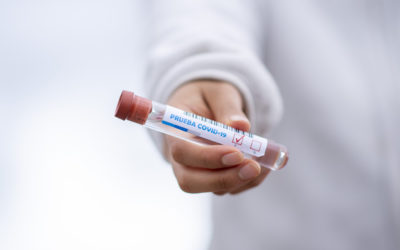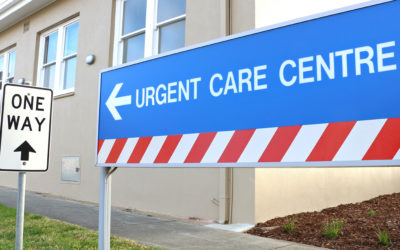Diabetes prevents your body from effectively absorbing energy from the food you consume due to the fact that you can’t make insulin or because you can’t use it correctly. The is no cure, however, treatments allow you to manage your condition.
WHAT IS DIABETES MELLITUS?
Diabetes mellitus, usually called diabetes, is a disease in which your body does not make enough insulin or cannot use normal amounts of insulin properly. Insulin is a hormone that regulates the amount of sugar in your blood. A high blood sugar level can cause problems in many parts of your body.
ARE THERE DIFFERENT TYPES OF DIABETES?
The most common ones are Type 1 and Type 2. Type 1 diabetes usually occurs in children. It is also called juvenile-onset diabetes mellitus or insulin-dependent diabetes mellitus. In this type, your pancreas does not make enough insulin and you have to take insulin injections for the rest of your life.
Type 2 diabetes, which is more common, usually occurs in people over 40 and is called adult-onset diabetes mellitus. It is also called non-insulin-dependent diabetes mellitus. In Type 2, your pancreas makes insulin, but your body does not use it properly. The high blood sugar level often can be controlled by following a diet and/or taking medication, although some patients must take insulin.
WHAT IS GESTATIONAL DIABETES?
Gestational diabetes occurs when there is a high blood glucose level during pregnancy. As pregnancy progresses, the developing baby has a greater need for glucose. Hormone changes during pregnancy also affect the action of insulin, which brings about high blood glucose levels. Blood glucose levels usually return to normal after childbirth. However, women who have had gestational diabetes have an increased risk of developing Type 2 diabetes later in life.
WHAT CAUSES DIABETES?
The causes of diabetes are not known. The following risk factors may increase your chance of getting diabetes:
- Family history of diabetes or a personal history of gestational diabetes.
- African-American, Hispanic, Native American, or Asian-American race, Pacific Islander, or ethnic background.
- Injury to the pancreas (such as infection, tumor, surgery, or accident).
- Autoimmune disease.
- Age (risk increases with age).
- Physical stress (such as surgery or illness).
There are risk factors that you might have more control over, including:
- High blood pressure.
- Abnormal blood cholesterol or triglyceride levels.
- Smoking.
- Being overweight.
- Use of certain medications, including steroids
WHAT ARE THE SYMPTOMS OF DIABETES?
The symptoms of diabetes include:
- Increased thirst.
- Increased hunger (especially after eating).
- Dry mouth.
- Frequent urination.
- Unexplained weight loss (even though you are eating and feel hungry).
Other symptoms include:
- Weak, tired feeling.
- Blurred vision.
- Numbness or tingling in the hands or feet.
- Slow-healing sores or cuts.
- Dry and itchy skin.
- Frequent yeast infections or urinary tract infections.
HOW IS DIABETES MANAGED?
There is no cure for diabetes, but it can be treated and controlled. The goals of managing diabetes are to:
- Keep your blood glucose levels as near to normal as possible by balancing food intake with medication and activity.
- Maintain your blood cholesterol and triglyceride (lipid) levels as near the normal ranges as possible.
- Control your blood pressure. Your blood pressure should not go over 140/90.
- Decrease or possibly prevent the development of diabetes-related health problems.
You hold the keys to managing your diabetes by:
- Planning what you eat and following a balanced meal plan.
- Exercising regularly.
- Taking medication, if prescribed, and closely following the guidelines on how and when to take it.
- Monitoring your blood glucose and blood pressure levels at home.
- Keeping your appointments with your healthcare providers and having laboratory tests completed as ordered by your doctor.
DIABETES TREATMENT IN BEREA, KY
Berea Walk-In Clinic provides residents and visitors of Berea, KY, and it’s surrounding areas with a modern solution for urgent medical treatment and routine primary healthcare. Berea Walk-In Clinic is walk-in urgent care, and appointments are not required.











